-
NUTS for Galaxies: Extending Leading-Edge Statistical Tools for Use in Astronomy and Cosmology
Nov. 26, 2025
A compact but enabling piece of computational infrastructure that allows astronomers to move from sampling tens of parameters to hundreds or thousands, thereby scaling Bayesian hierarchical analysis to the era of precision cosmology.
2025A
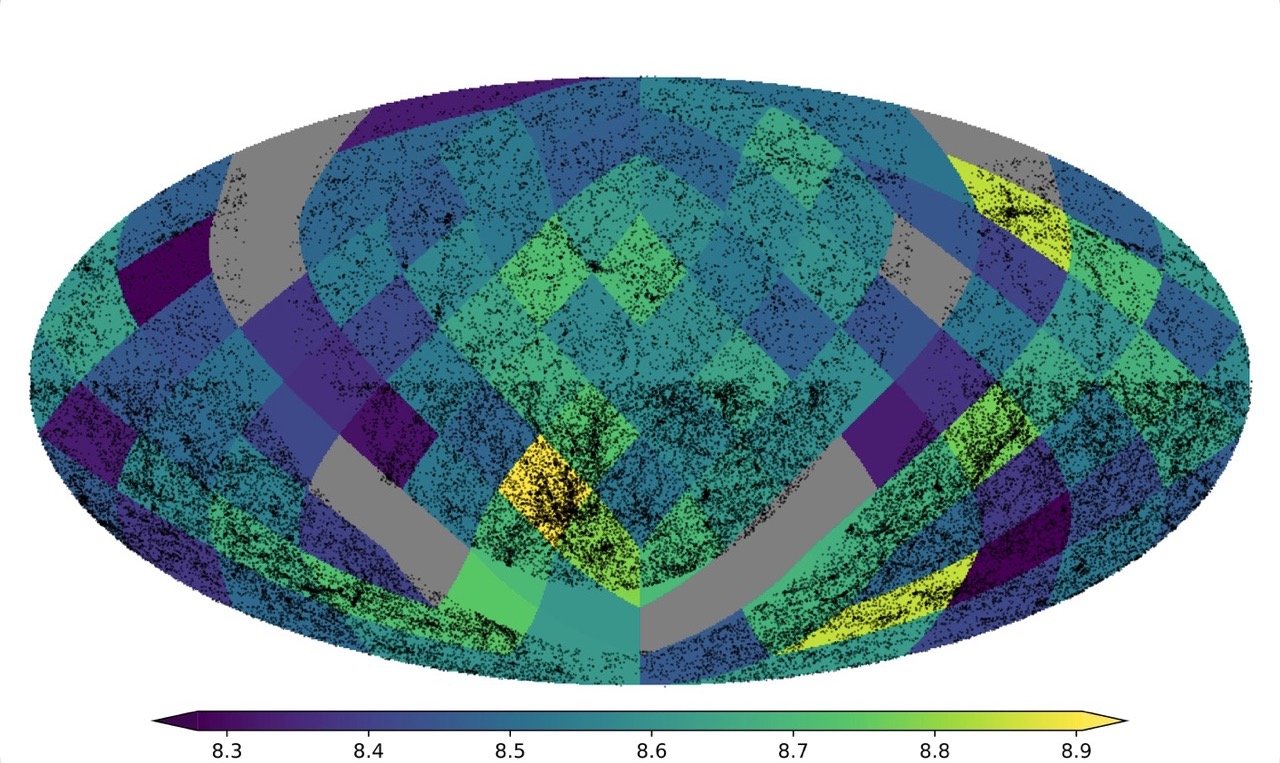
-
A Drone Meteorite Searching Platform
Oct. 10, 2025
A Drone Meteorite Searching Platform
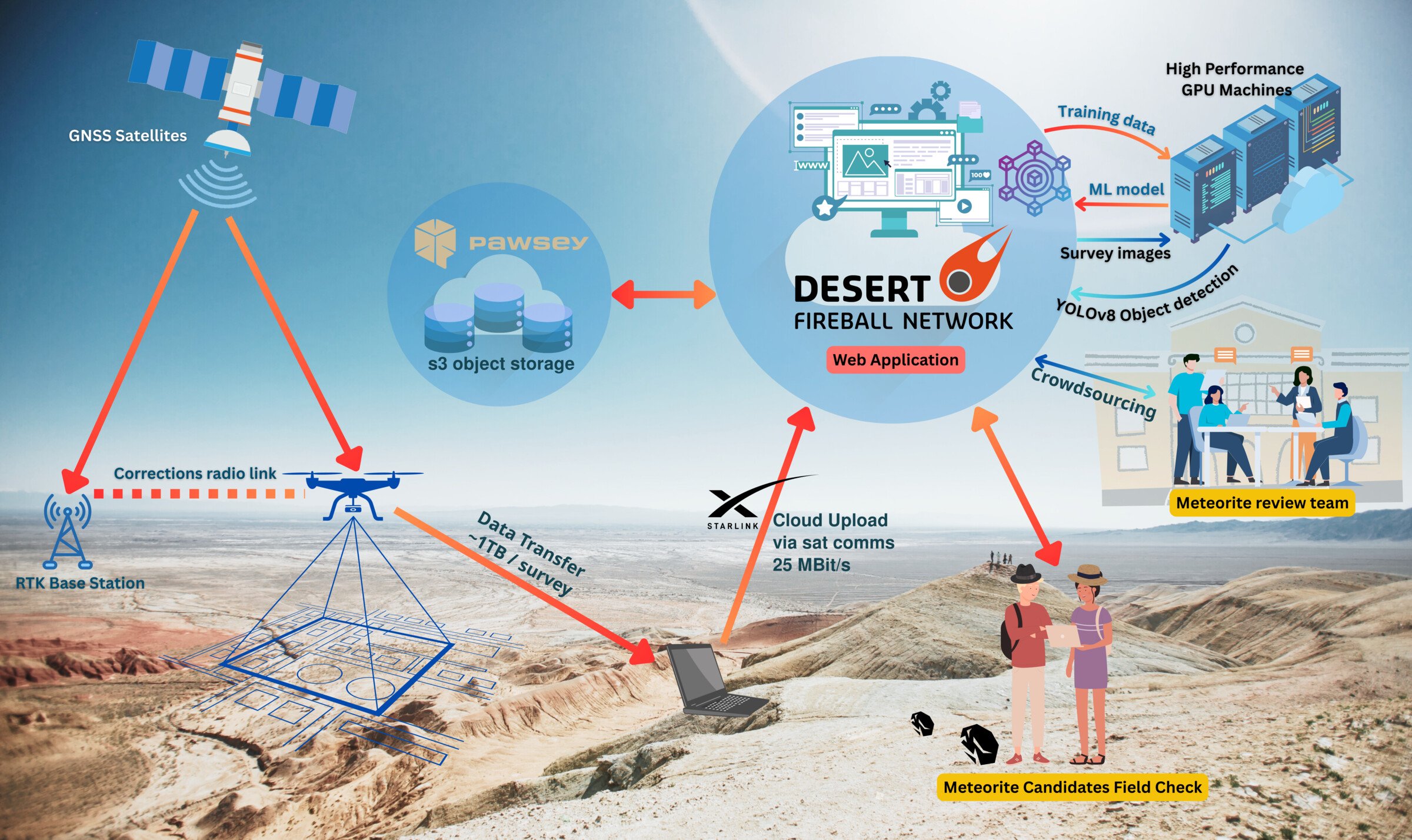
-
From Single Node to Supercomputer: Scaling HORMONE's Radiation Solver
July 21, 2025
As part of the ADACS MAP, we helped Dr Ryosuke Hirai parallelise HORMONE’s radiation solver using PETSc and MPI, enabling large-scale 3D stellar merger simulations and unlocking new science on systems like the Triple Ring Nebula of SN1987A.
MAP · MPI
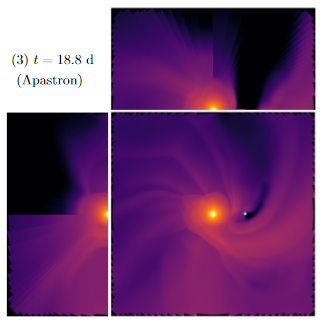
-
Developing a new Fireballs in the Sky app
July 9, 2025
With a complete audit in hand, ADACS is now working to create a proof of concept app for the Fireballs in the sky.
2024B · 2025B · SoftwareDev · 2025A
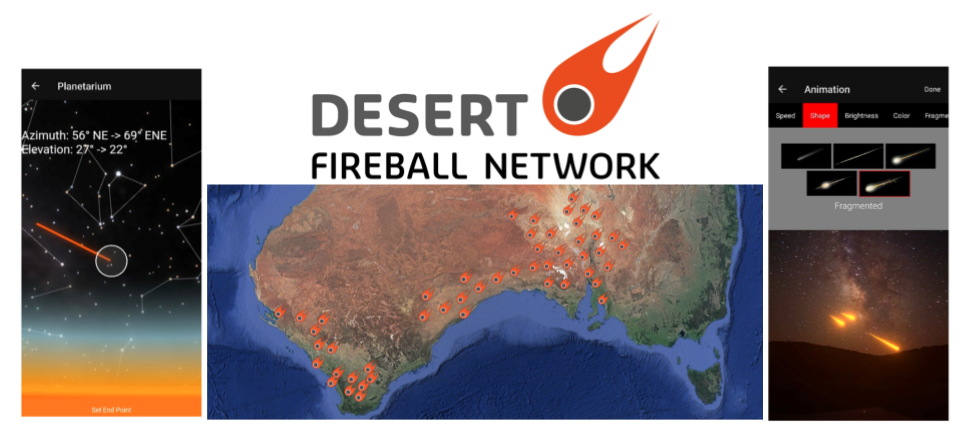
-
A Novel Movie Mode for Impactful Astronomy Observations
July 9, 2025
Enabling new science on the Huntsman Telescope by implementing a high frame rate "move mode" observing mode.
2024B · SoftwareDev · 2025B · 2025A
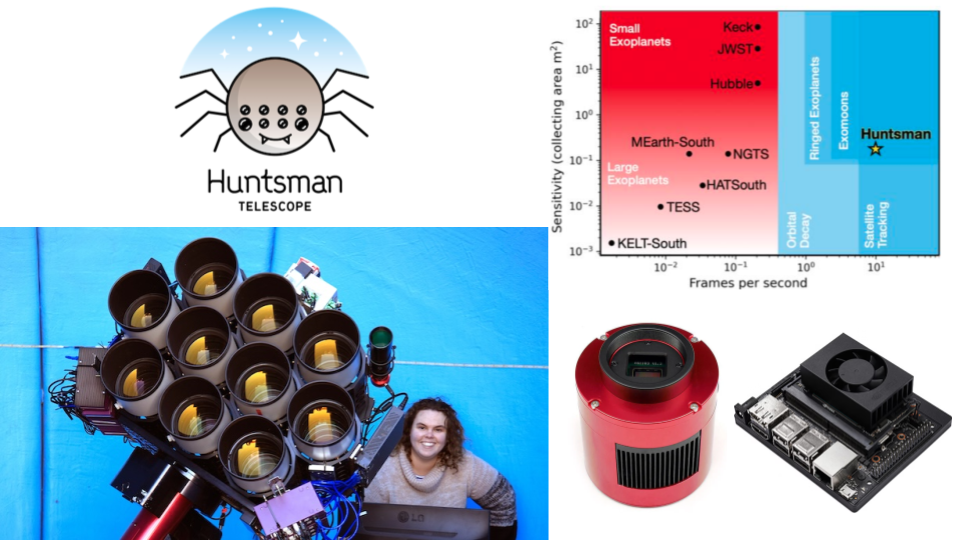
-
Innovative Integration Testing and Release of ASKAP Software Products
July 9, 2025
ADACS have undertaken a detailed audit of the current ASKAP software release workflow so that software can be tested and released much more quickly.
SoftwareDev · 2025A
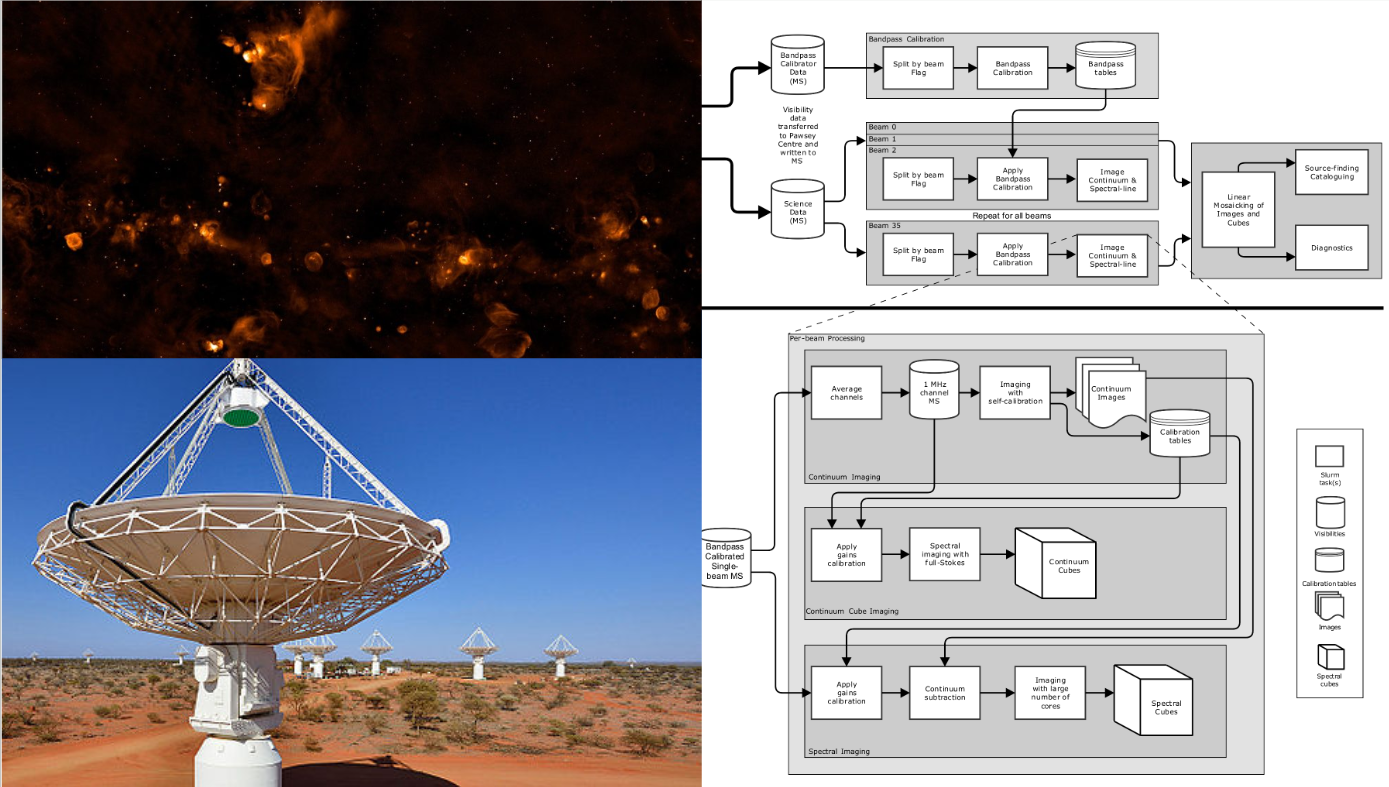
-
Modernisation of Software for Epoch of Reionisation Science
July 9, 2025
A monumental translation task to modernise an existing code base and make it available and accessible to all.
2024A · 2023A · 2022B · 2022A · 2021A · 2021B · SoftwareDev
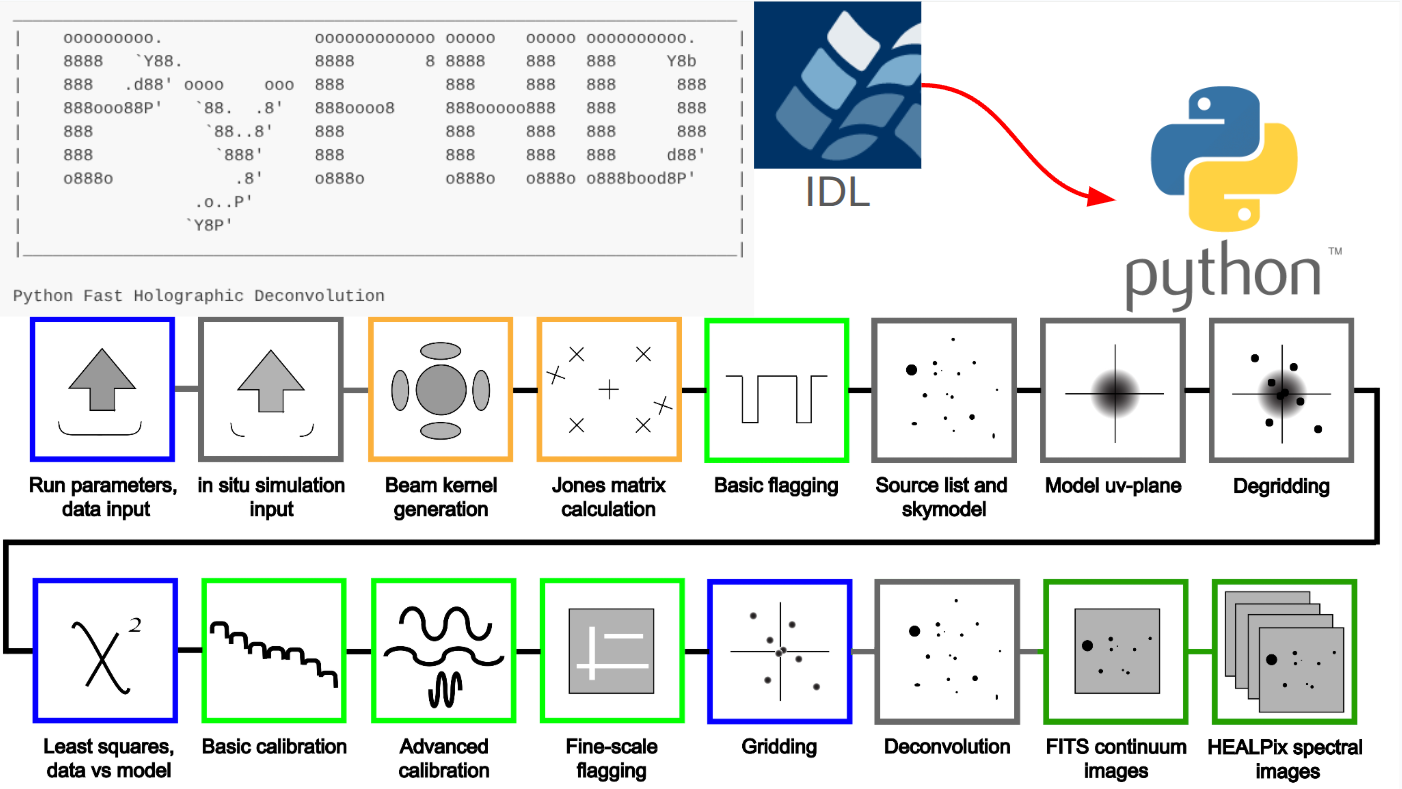
-
A Web App for Transient Candidate Classification in the ASKAP VASTER Pipeline
Nov. 24, 2024
The VASTER pipeline detects short timescale variability in ASKAP data. A new web-based classifier allows users to view, filter, classify, and download observation and candidate data for efficient transient analysis.
2024A
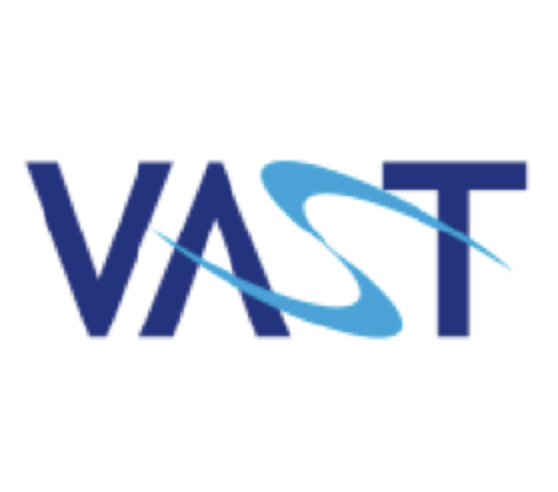
-
Solar, Stellar and Space Physics with Machine Learning Workshop
July 15, 2024
A workshop on ML (Machine Learning) algorithms for Solar, Stellar and Space Physics, hosted at USQ in May, 2024.
Training · 2024A
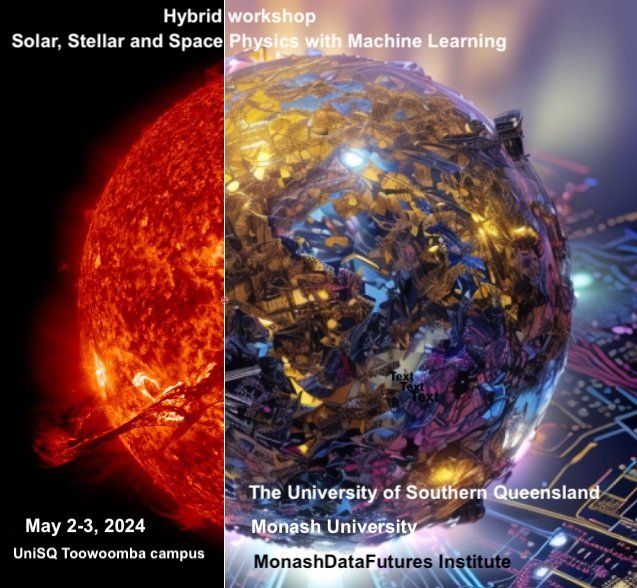
-
Fireballs in the Sky app audit
July 7, 2024
A software audit for the Fireballs in the Sky app to understand what work is needed to update or remake the app so that it can again be published in the app stores.
SoftwareDev · 2024A · Audit
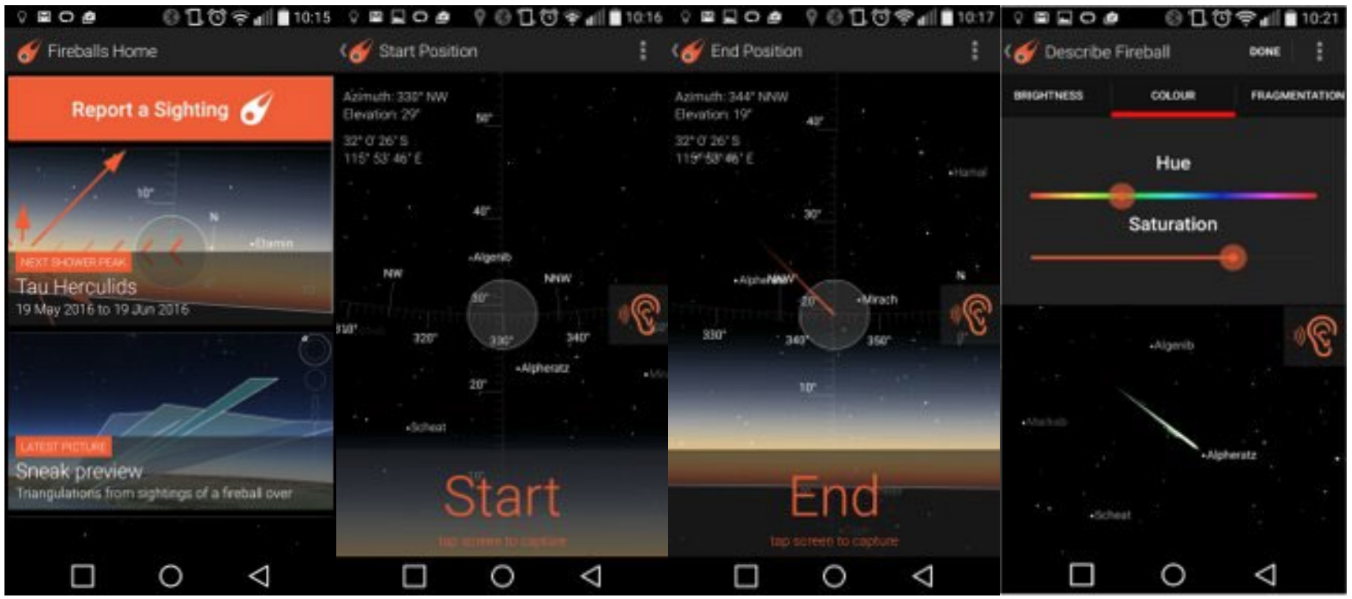
-
Improving the MWA Image-Plane Transients Classifier
July 7, 2024
A web app to allow astronomers to quickly and easily classify transient candidates, with links to external data sources, and the ability to download subsets of data for local exploration.
2024A
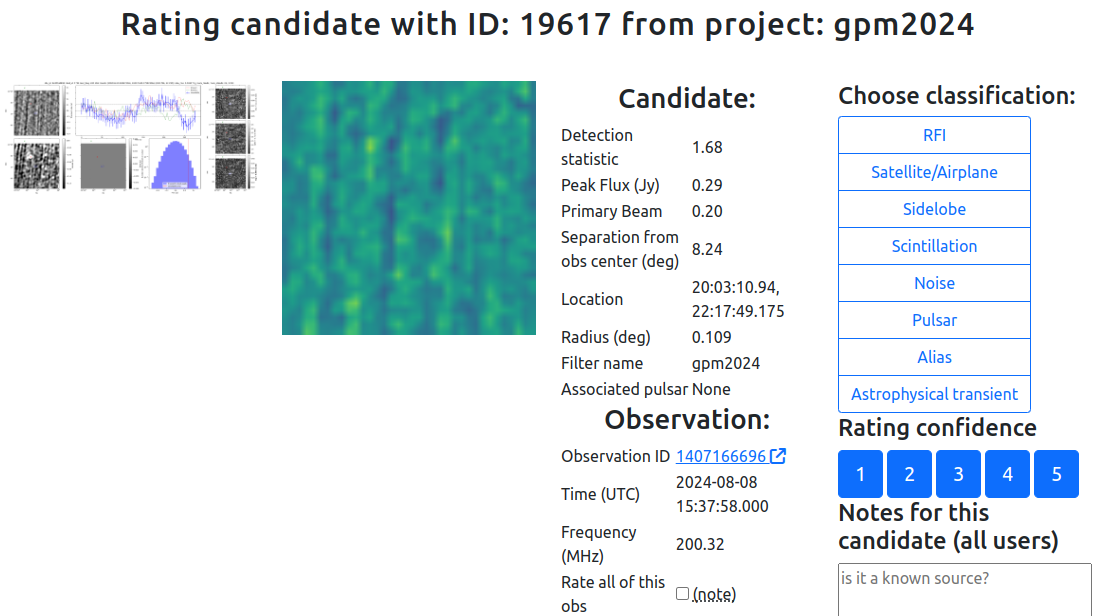
-
Integrated Marine Observing Systems data conversion tool
July 7, 2024
Converting a matlab script into a python library, so that IMOS researchers can provide their acoustic data in a more widely accessible data format.
2024A · SoftwareDev
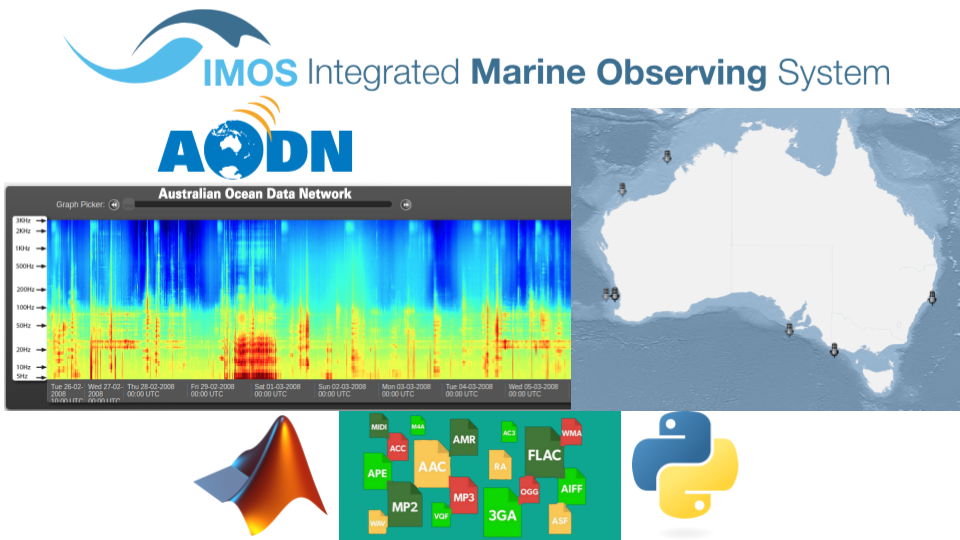
-
Enhancing HORMONE: MPI Parallelisation and Workflow Modernisation
July 2, 2024
The HORMONE simulation code makes use of a novel self-gravity solver. ADACS implemented MPI parallelisation into the code, enabling it to scale across multiple compute nodes, facilitating larger and more detailed simulations.
2024A
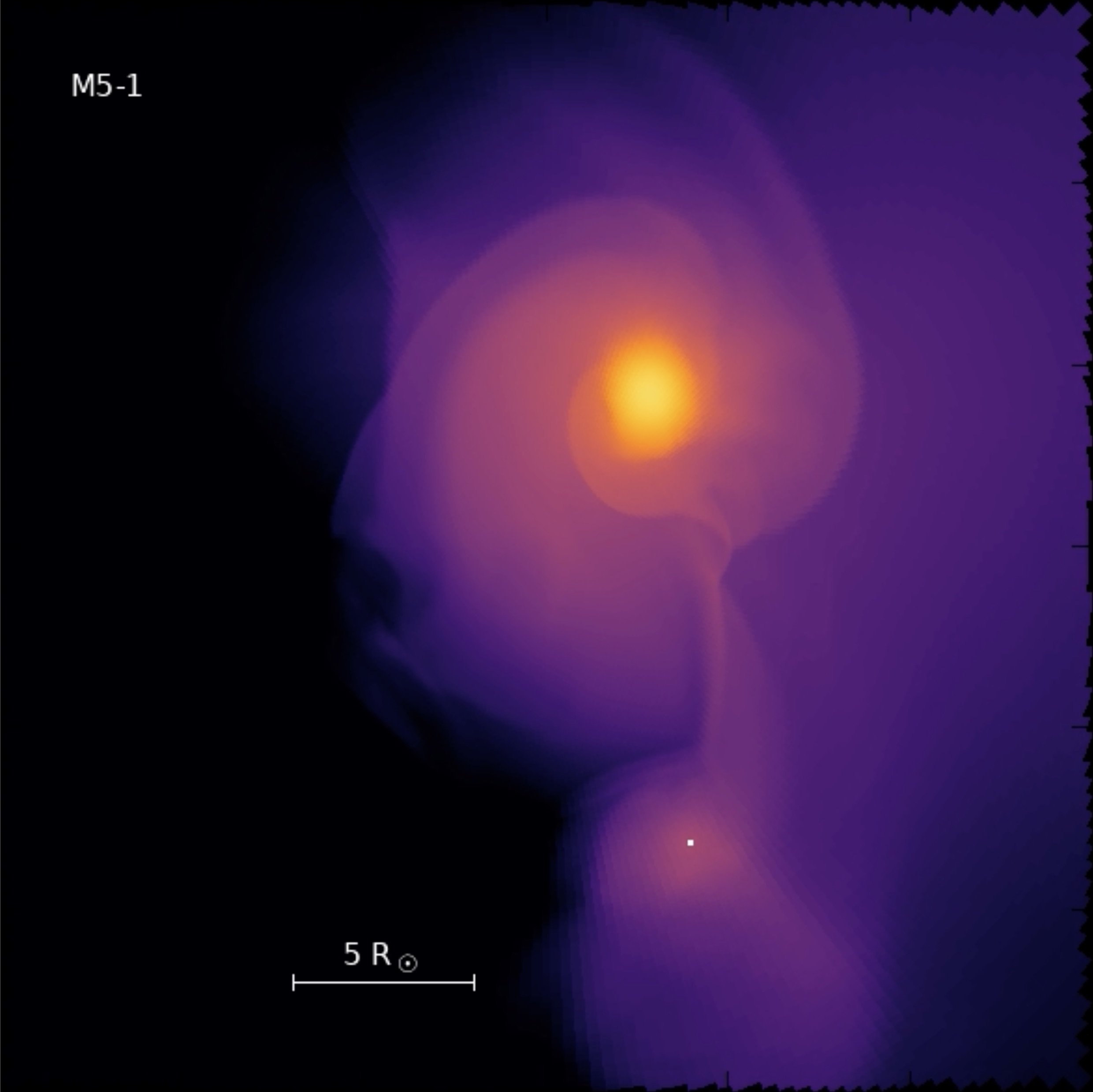
-
Optimisation of FRB Processing on OzSTAR
Jan. 10, 2024
This project optimised the CELEBI pipeline for precise localisation of FRBs (Fast Radio Bursts) using ASKAP's CRAFT survey, adapting to recent infrastructure changes and preparing for increased detection capabilities with the CRACO upgrade.
2024A · 2023B
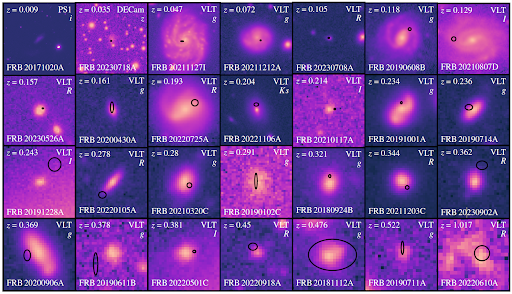
-
ECR (Early Career Researcher) Python Workshop
Jan. 10, 2024
Most ECRs do not receive any formal training in critical software engineering skills. The ASA (Astronomical Society of Australia) collaborated with ADACS to run an intensive workshop to address this knowledge gap.
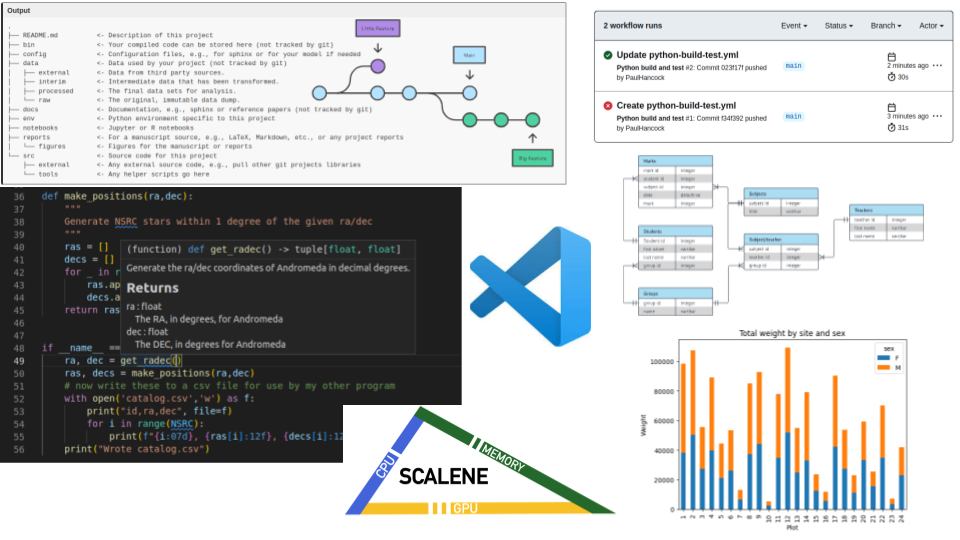
-
Implementing Modern Programming Practices for the MCFOST Radiative Transfer Code
Nov. 23, 2023
MCFOST encountered development hurdles amidst growing collaborators. ADACS assisted in implementing GitHub Actions for automated testing and version releases, streamlining workflow and enhancing code reliability.
2023B
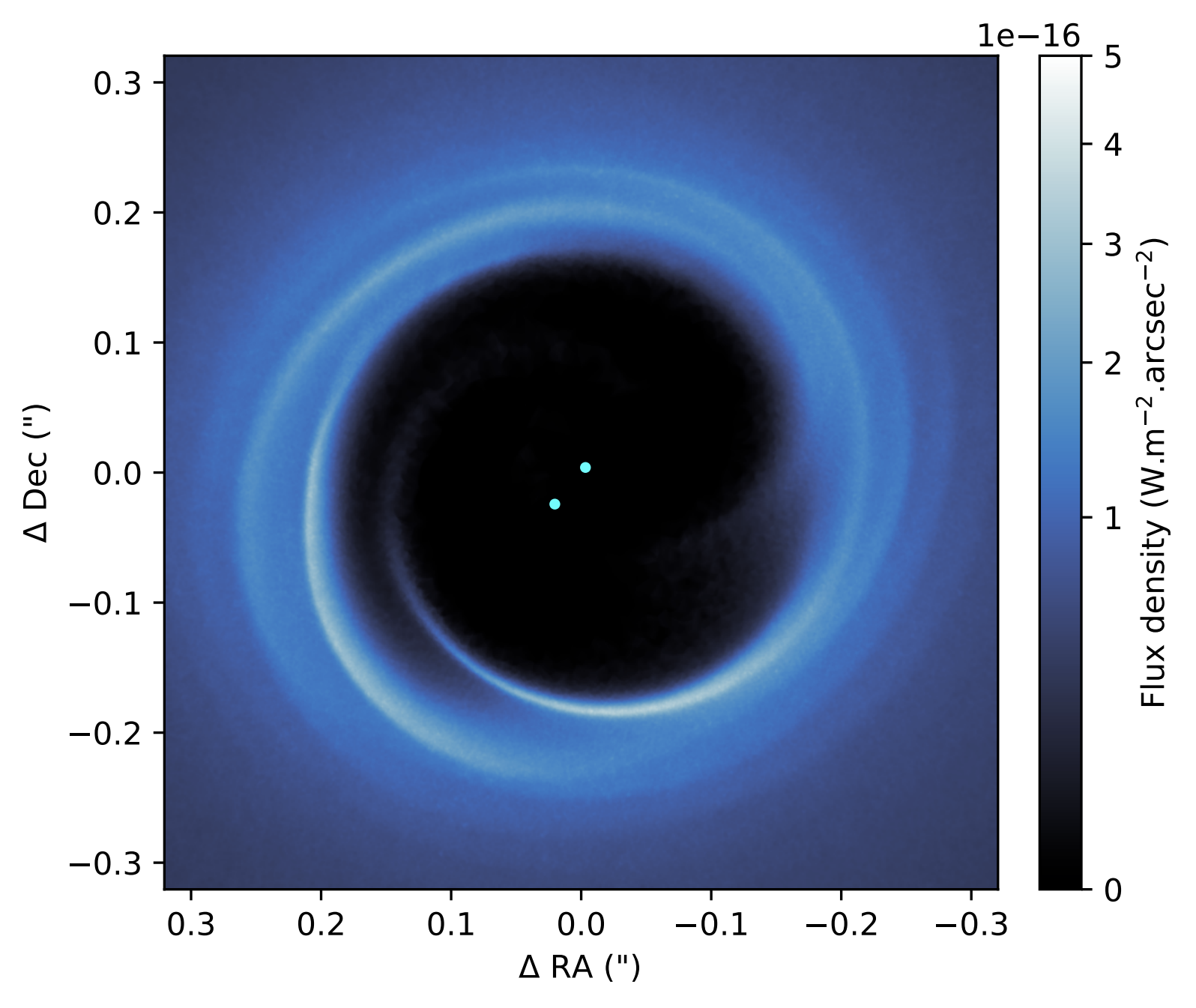
-
GOTO X-ray Binaries Web App Audit and Update
Nov. 21, 2023
ADACS provided a solid foundation on which the GOTO-XBs team could further build the web app, and provided instructional information to up-skill the team.
2023B
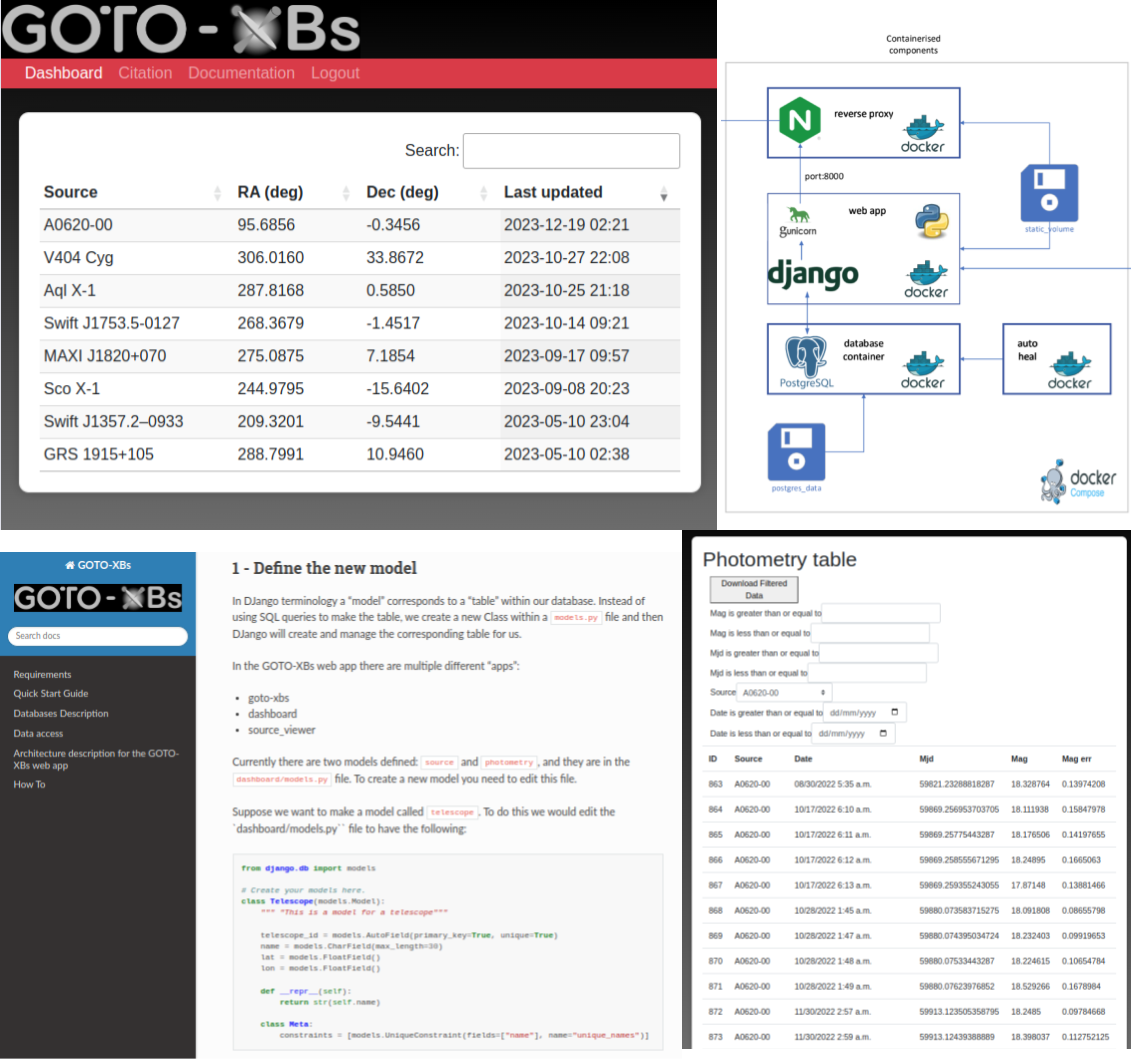
-
Modernising a Thermonuclear Burst Simulation Code for Neutron Star Constraints
July 21, 2023
BEANSp is a software tool developed to simulate Bayesian Estimation of Accreting Neutron Star parameters. The role of the ADACS support in this project was to analyse the code and suggest and implement improvements.
2023A
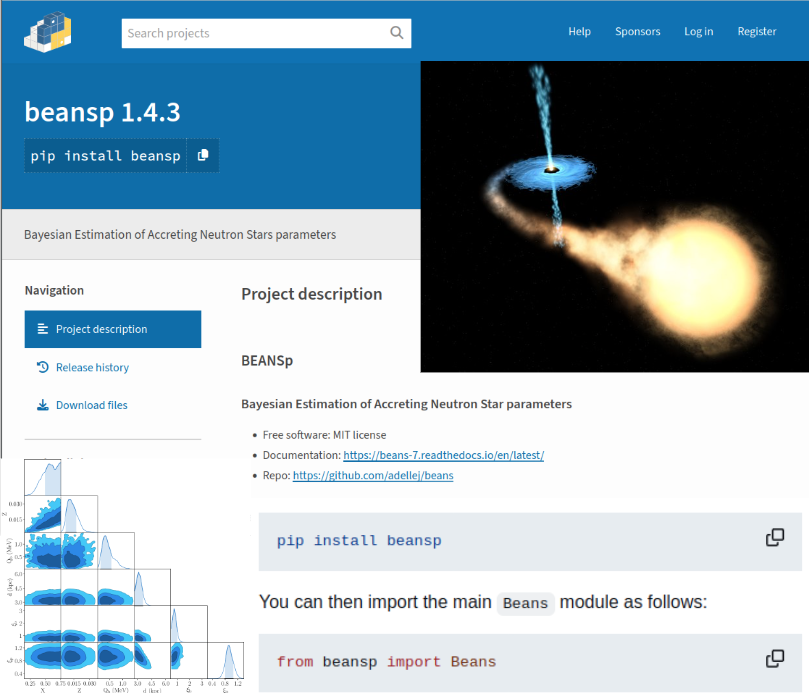
-
Improving the TESS Atlas Website and Catalogue-Automation
July 20, 2023
ADACS improved TESS-Atlas by optimising scalability, reducing website construction time, and automating workflows with a custom Job Controller for handling new exoplanet candidates efficiently.
2023A
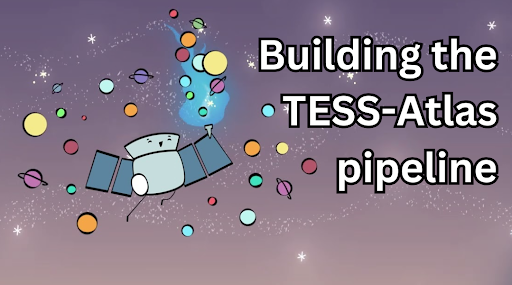
-
Asynchronous Web Application for Large Sky Surveys Visualisation
July 13, 2023
ADACS developed a web-based viewer for the 4HS team to quickly visualise and evaluate survey data, generating HiPS data on demand and helping identify and fix data issues, improving survey quality.
2023A
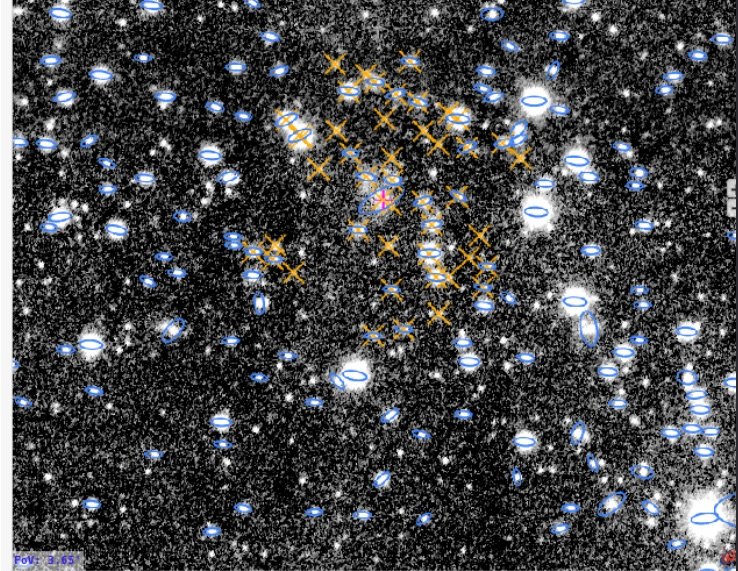
-
Set it and Forget it: Automating and Accelerating ESO Data Download
July 13, 2023
ADACS developed the "eso-downloader" Python package to automate ESO telescope data downloads. It streamlines access, quality checks, and retrieval, improving efficiency for astronomers in large programmes like GECKOS and MAUVE.
2023A
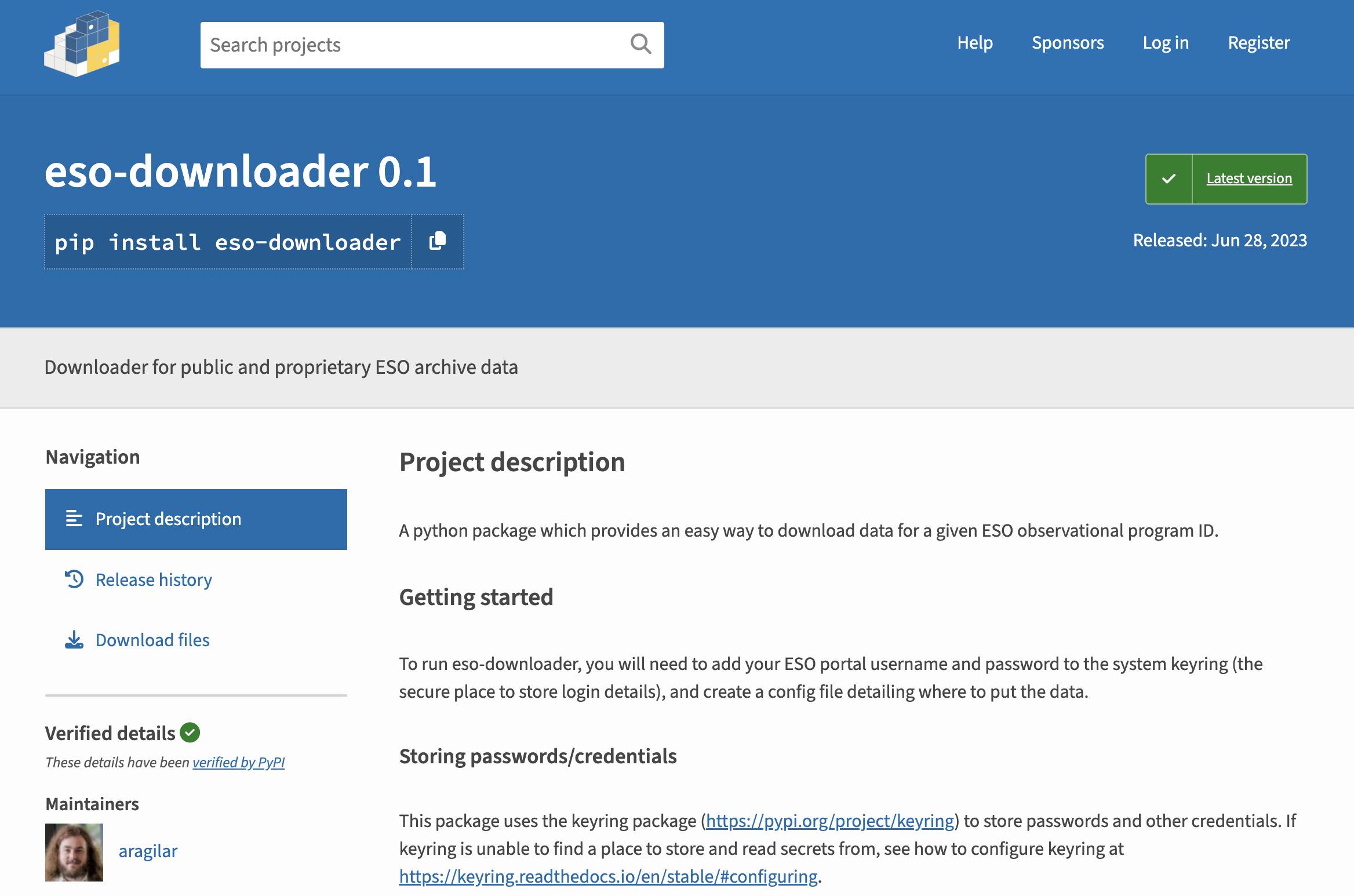
-
Machine Learning Workshop
July 12, 2023
A four-part ML (machine learning) workshop consisting of a lecture on the history of ML and it's applications in astronomy research and three deep-dive sessions to apply ML techniques to astronomy data sets.
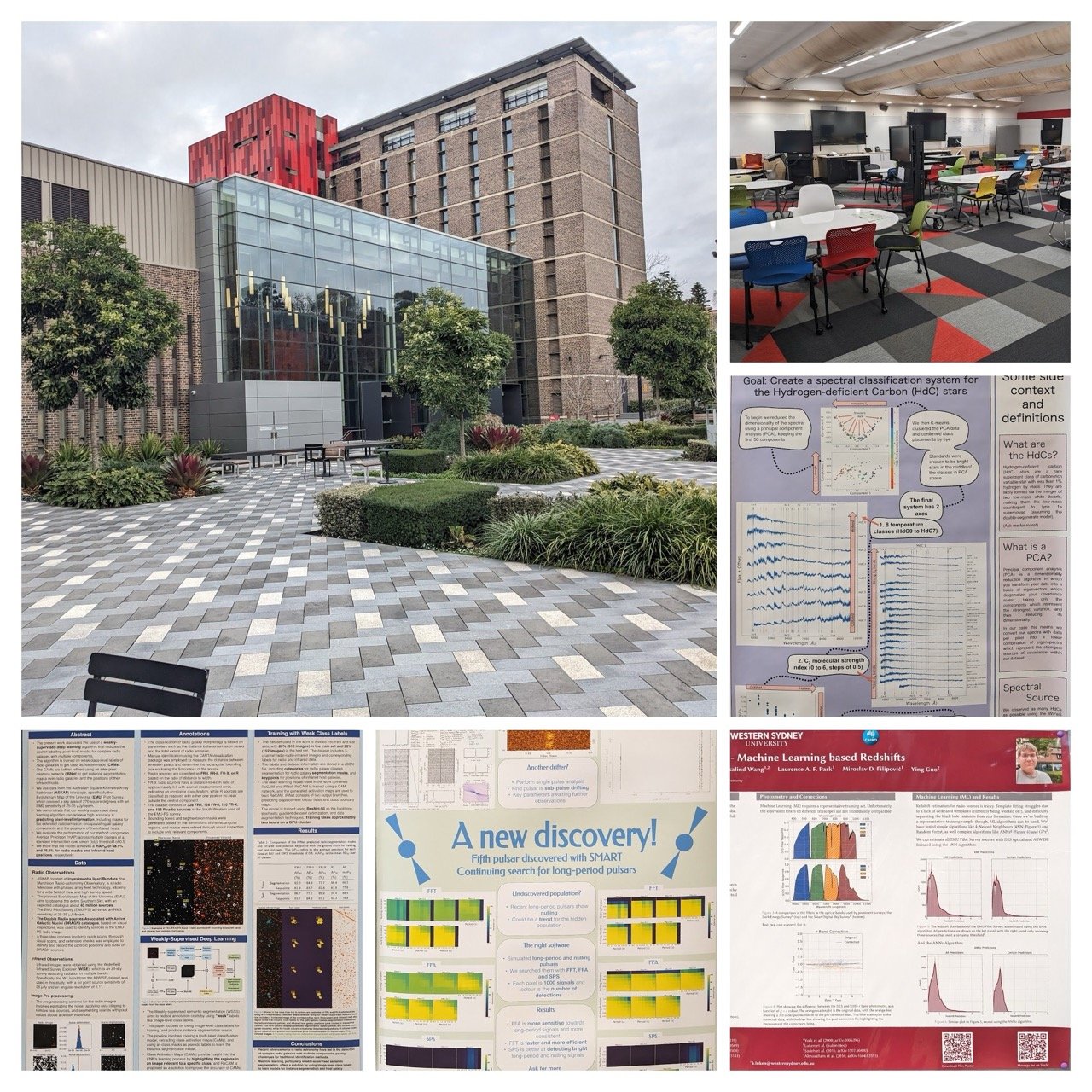
-
StarFit: Improvements to Build Workflow and Automated Documentation
July 2, 2023
ADACS collaborated again with the StarFit science team. Key achievements included adopting Meson and a multi-stage build approach, and integrating ReadTheDocs documentation into the workflow.
2023A

-
Automating Weather Modelling for Meteorite Recovery
June 21, 2023
ADACS automated weather modeling with Nextflow for the DFN (Desert Fireball Network) team, improving efficiency and enabling parallel processing of meteorite fall data.
2023A
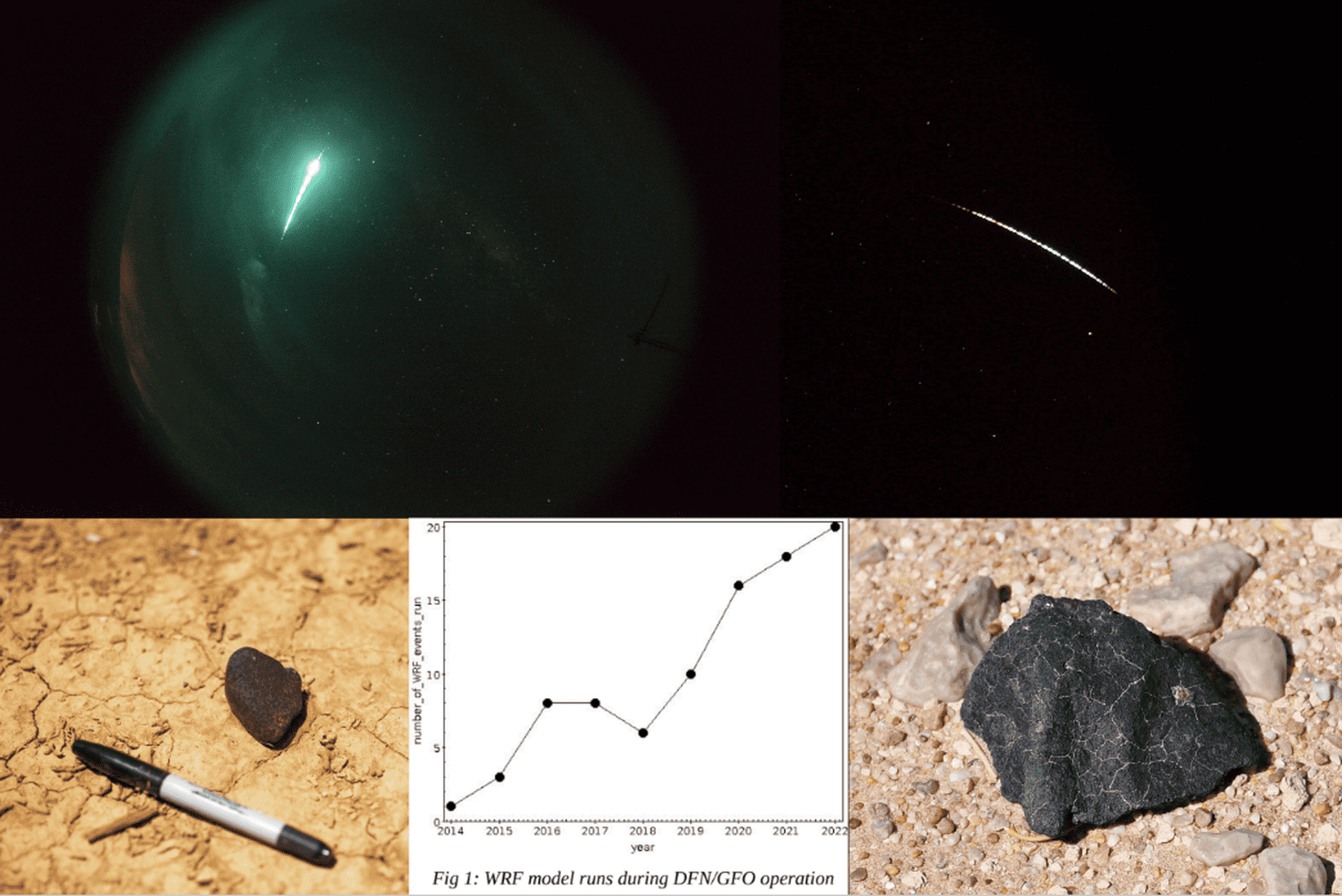
-
Coding Best Practice in Scientific Computing
March 27, 2023
A three day workshop aimed at researchers without formal coding/software development training and designed to give people a taste of many different aspects of best practices in scientific computing.
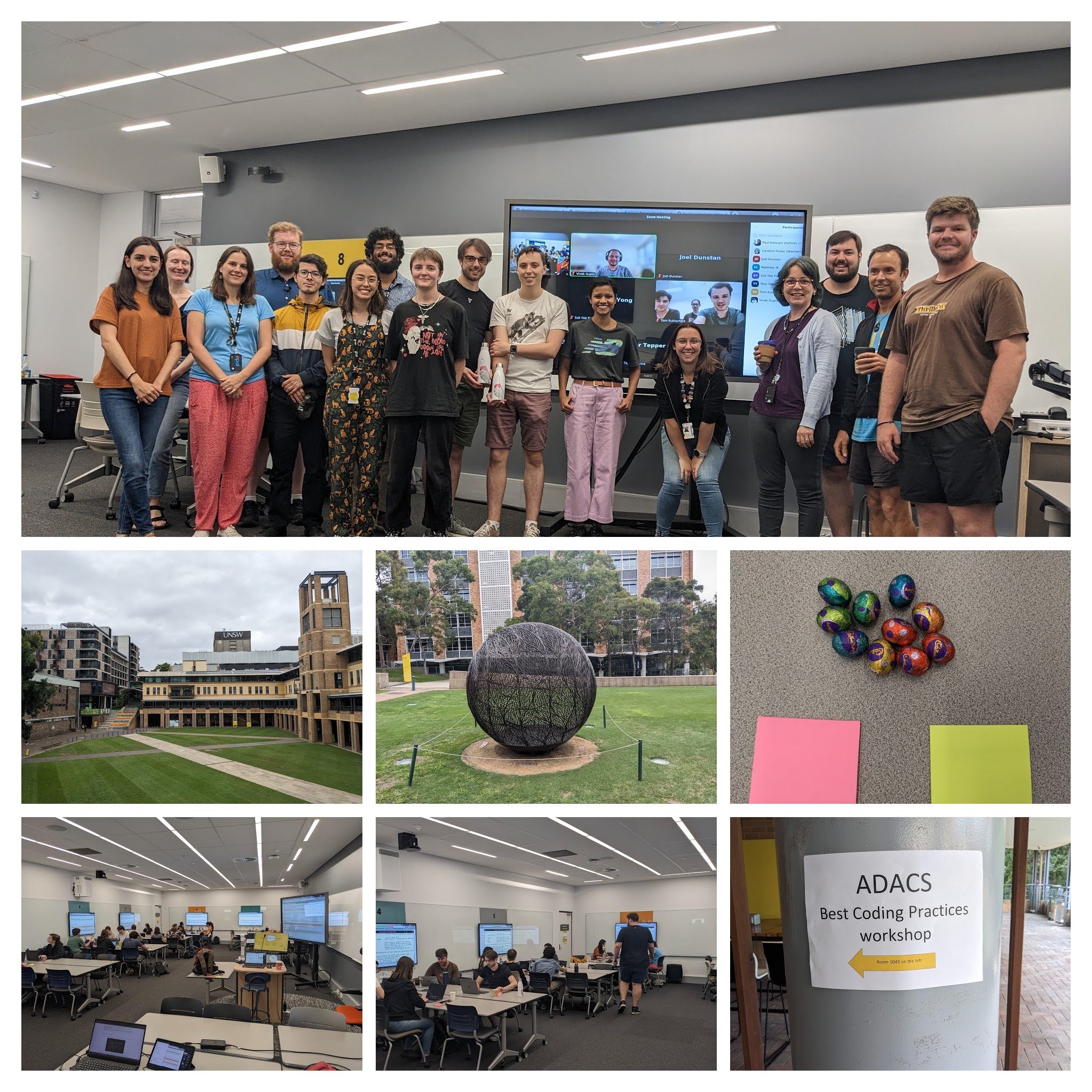
-
Implementation of VLT/NACO Pipeline Optimisations
Jan. 17, 2023
ADACS significantly enhanced the NaCo pipeline by parallelising key functions within the VIP library, reducing execution times by a factor of six and enabling more efficient processing of direct imaging data from the ESO archive and beyond.
2022B
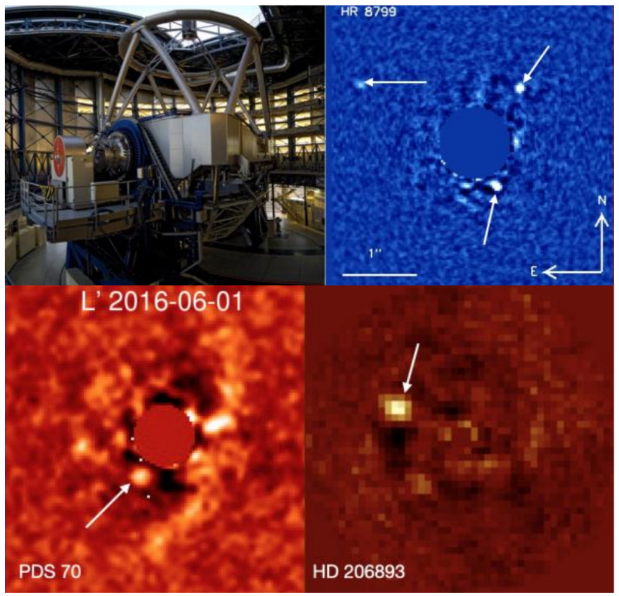
-
StarFit: New Features and Improved Accessibility for Scientists
Dec. 22, 2022
StarFit, a tool for matching stellar abundance data to nucleosynthesis, was outdated and required a comprehensive revamp. ADACS assited by making key upgrades to the website, creating a PyPI python package, and adding features to the tool.
2022B
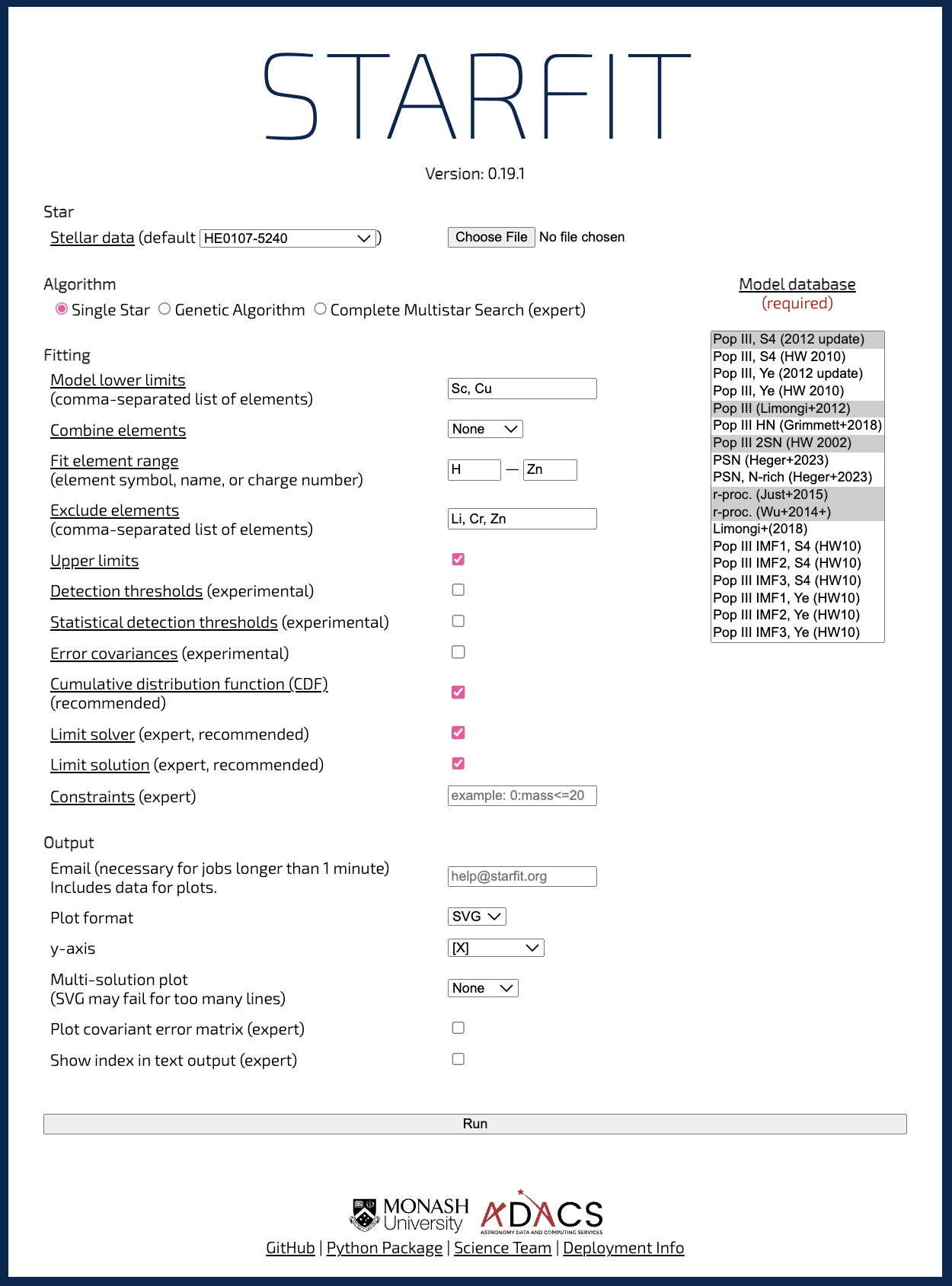
-
NextFlow Training
Nov. 24, 2022
The NextFlow training provided comprehensive instruction on workflow orchestration, including running and developing NextFlow workflows, using containers (docker and singularity), configuring NextFlow with SLURM, and covering best practices.
Training · 2022B
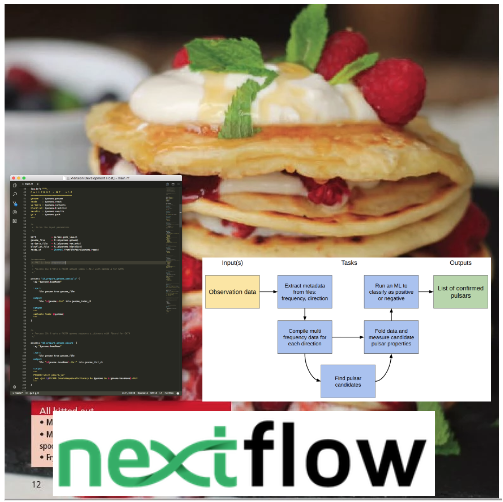
-
HPC (High-Performance Computing) Training
Nov. 24, 2022
This course is aimed at researchers who are new to using HPC facilities and is intended to be an overview of HPC concepts.
2022B
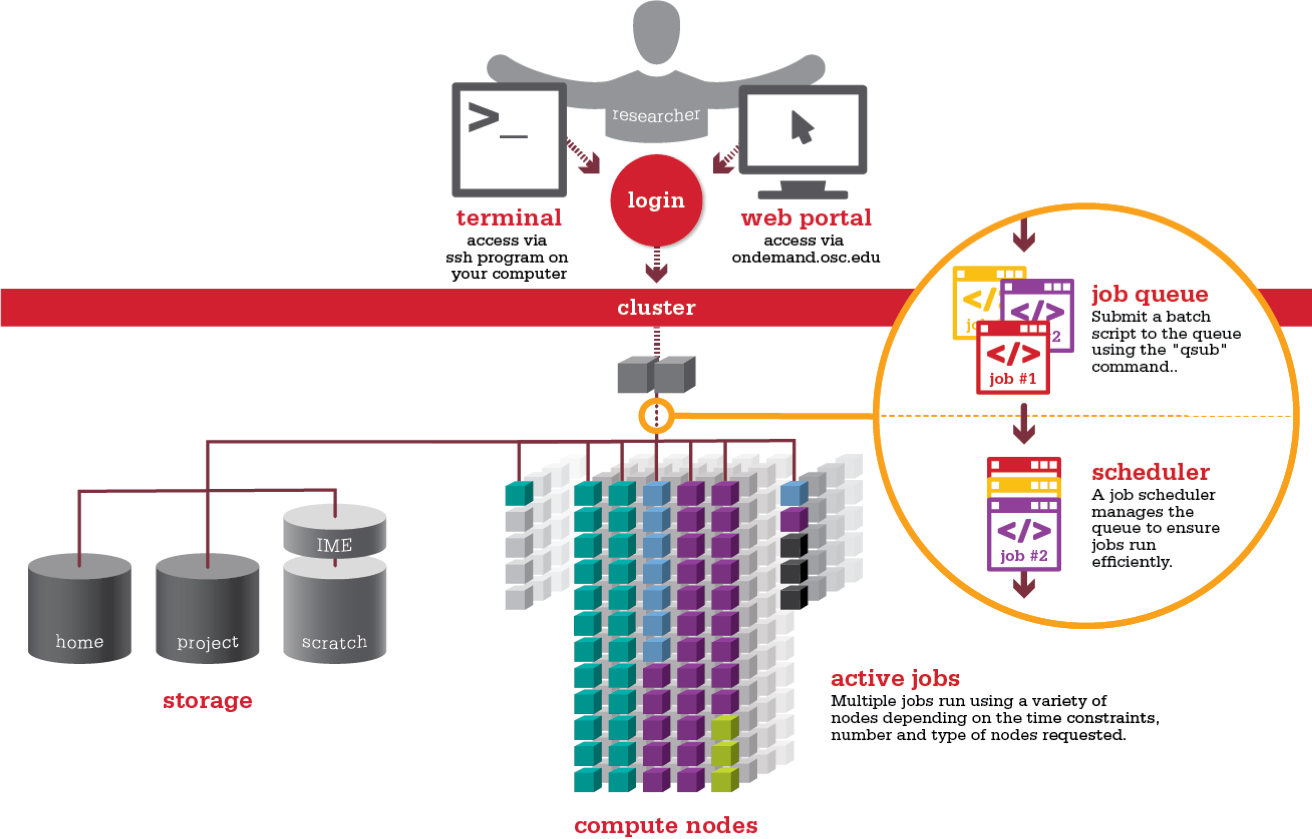
-
Transient RApid-response using Coordinated Event Triggering (TRACET)
Oct. 6, 2022
TRACET is a web app that uses VOEvent alerts to decide which transient events to observe with the MWA telescope, streamlining the process of rapid-response observations.
2022A · 2024B · 2023B · 2023A
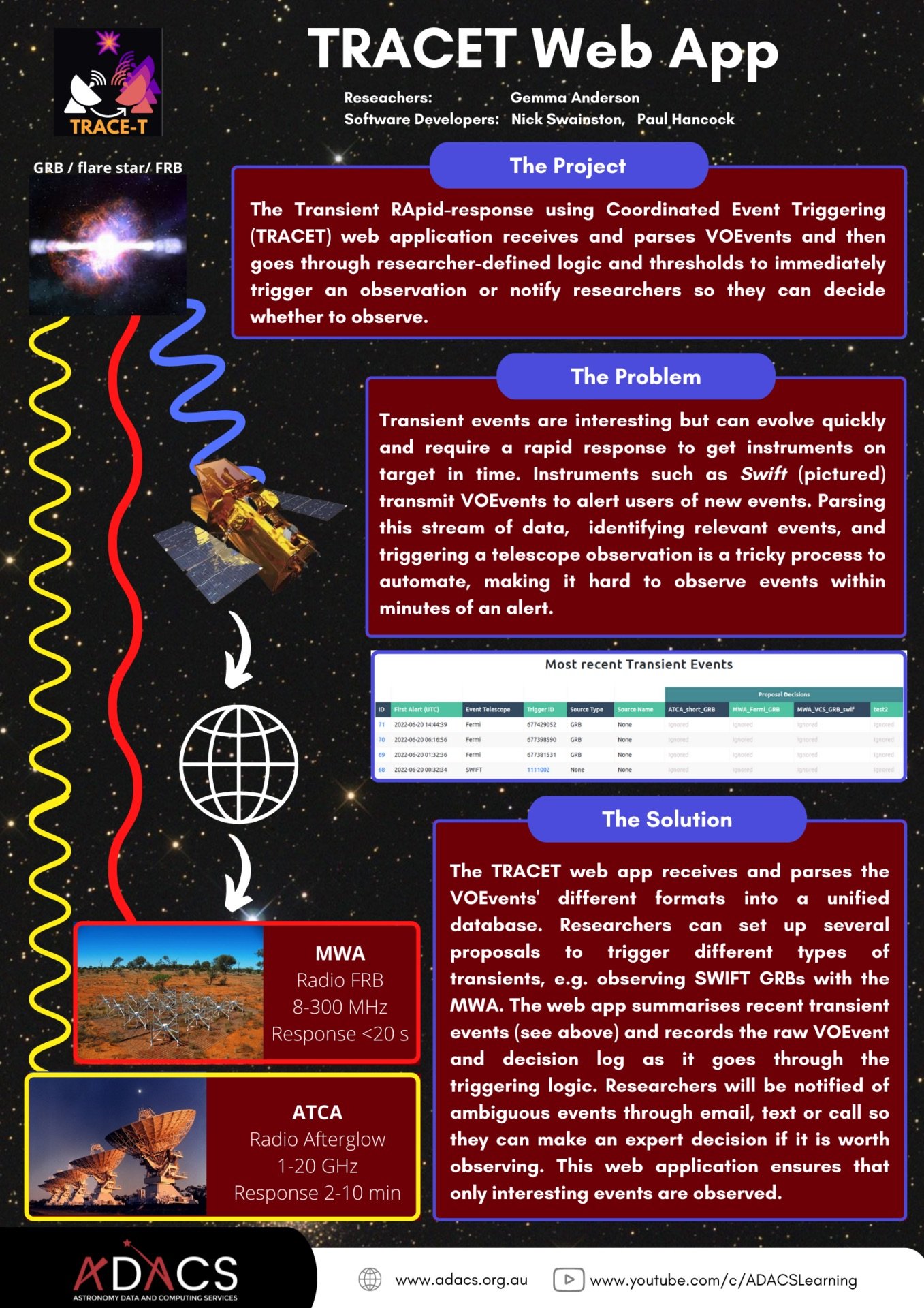
-
Boosting Social Network Analysis Research with Supercomputers
Sept. 21, 2022
ADACS collaborated with researchers in Social Network Analysis to improve the performance of their simulation code. This allowed them to tackle research problems that were previously computationally intractable.
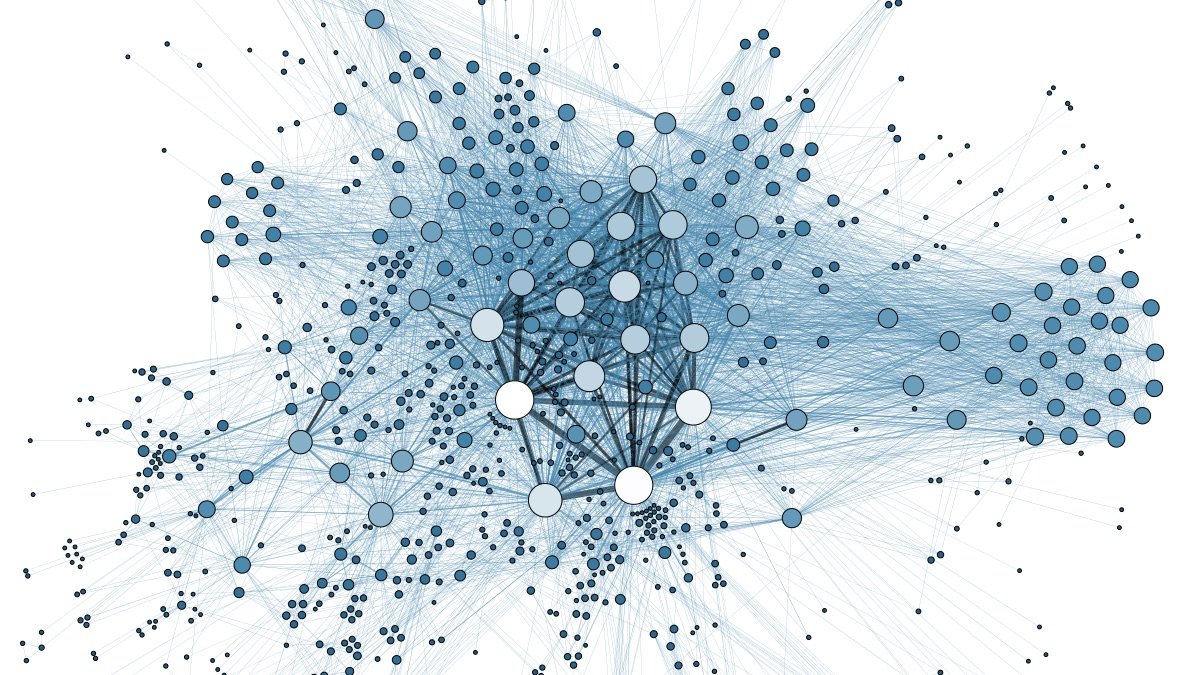
-
Enhancing QUOKKA: Performance Gains in GPU-Optimised RHD Code
Aug. 7, 2022
ADACS collaborated with the developers of QUOKKA, a radiation hydrodynamics code, to determine if the performance could be enhanced. Although the code was already highly optimised, performance gains were made by refactoring GPU kernels.
2022A
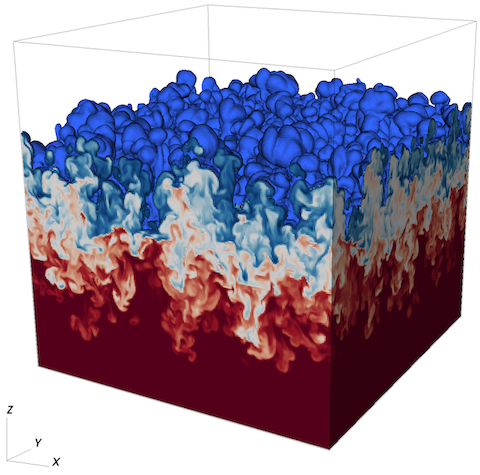
-
ASA Early Career Researcher (ECR) "How To" Series
Aug. 1, 2022
The ASA Early Career Researcher (ECR) Chapter Steering Committee organised a virtual "How To" series, answering some of the most pressing questions from our community.
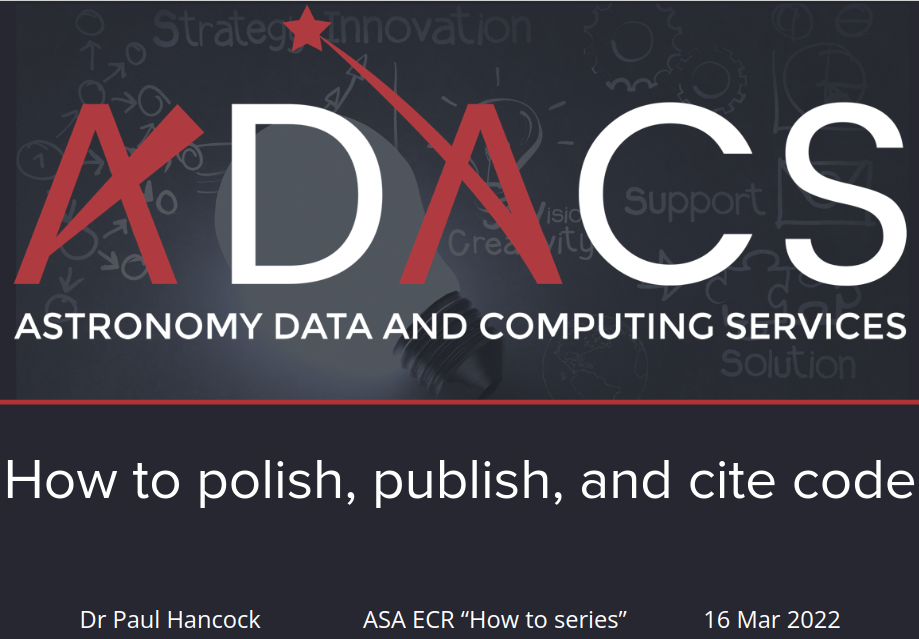
-
Bringing the Cosmos to Your Screen: Developing Asynchronous Web Apps for Theoretical Astrophysical Data Products
July 13, 2022
ADACS developed a web app and API for SimSpin, allowing users to explore galaxy simulations and download FITS files, enhancing accessibility and supporting global collaboration in galaxy research.
2022A
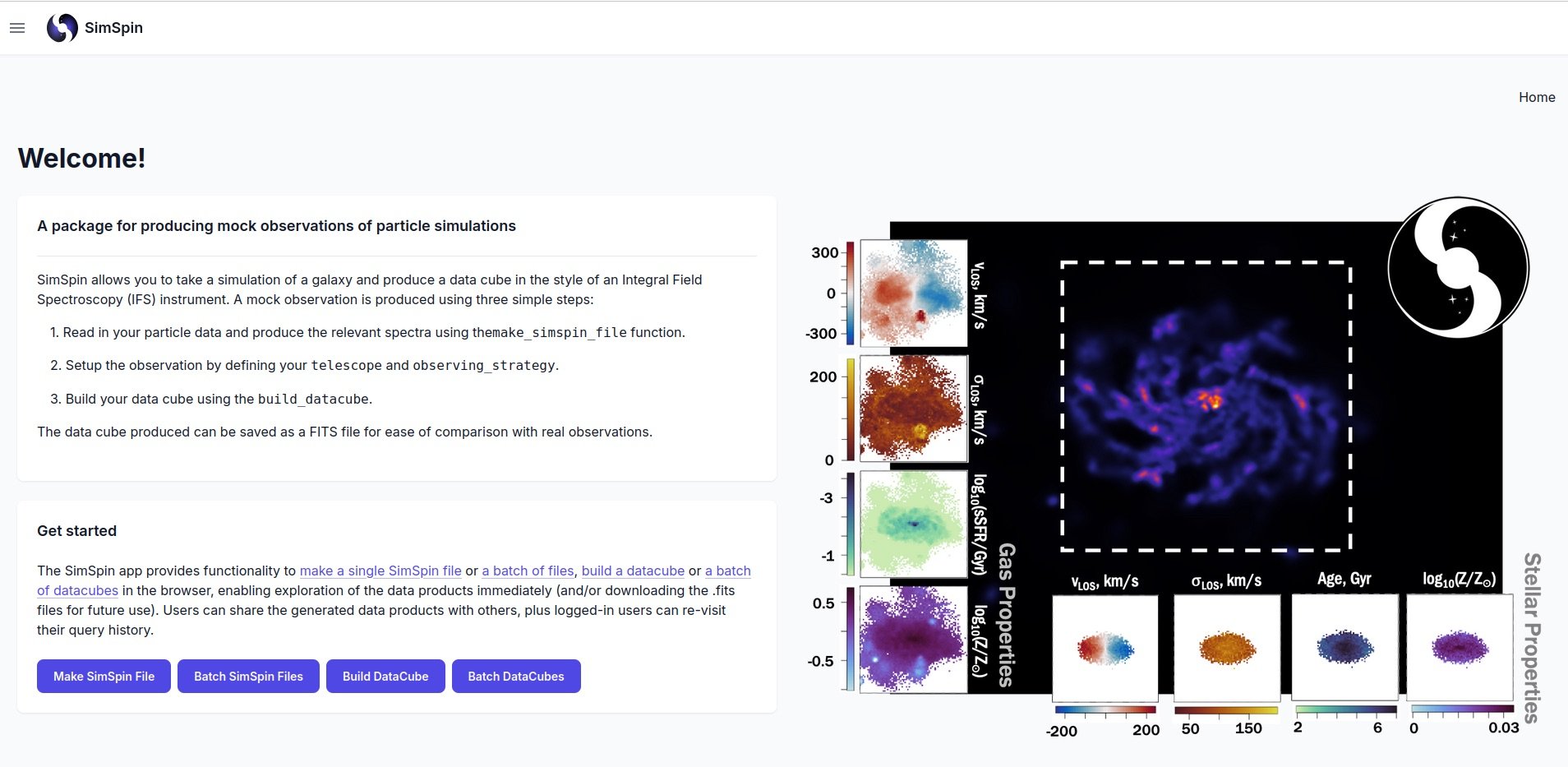
-
Computing, Careers, and Dark Matter at HWSA 2022
July 8, 2022
ADACS developed four short courses for the 2022 HWSA (Harley Wood School for Astronomy) that focused on developing skills for computing and careers, while the dark matter theme was covered off by astronomy experts.
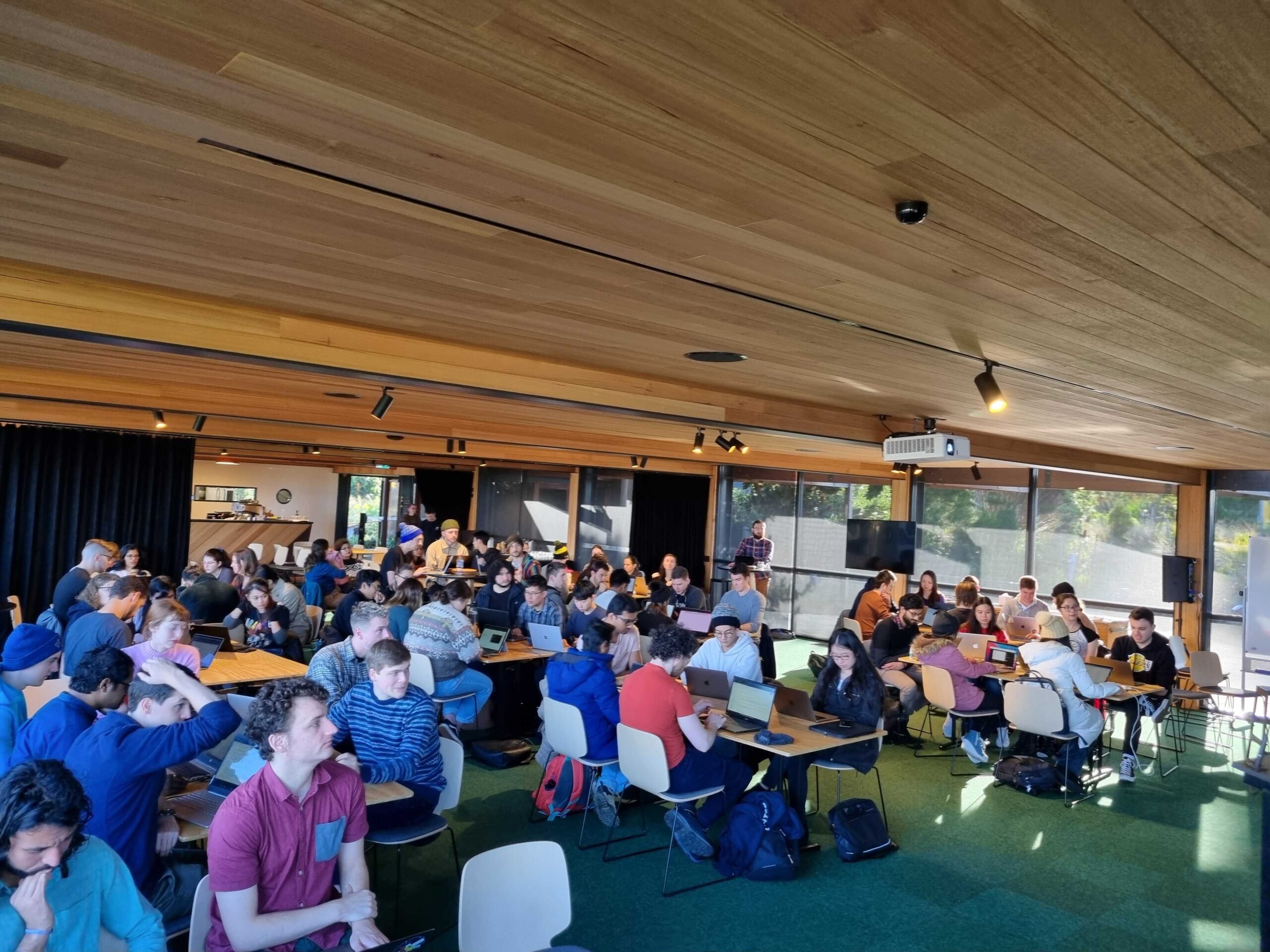
-
Achieving Scalability: Advances in PHANTOM’s Parallel Computing Capabilities
June 16, 2022
ADACS improved the performance of the PHANTOM SPH code by improving its MPI communication patterns and optimising memory reallocation. Additionally, these upgrades prepare the code for future optimisations.
2022A
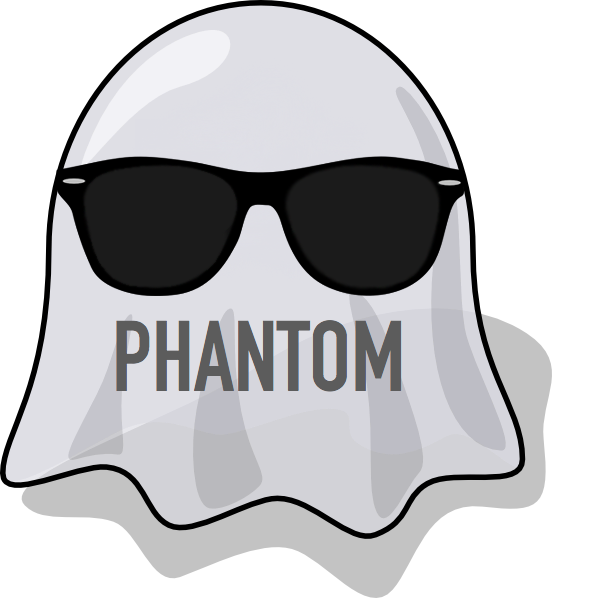
-
Research Project Management
May 16, 2022
This training is designed to teach researchers project management skills that can make both their personal and collaborative projects more efficient.
2022A
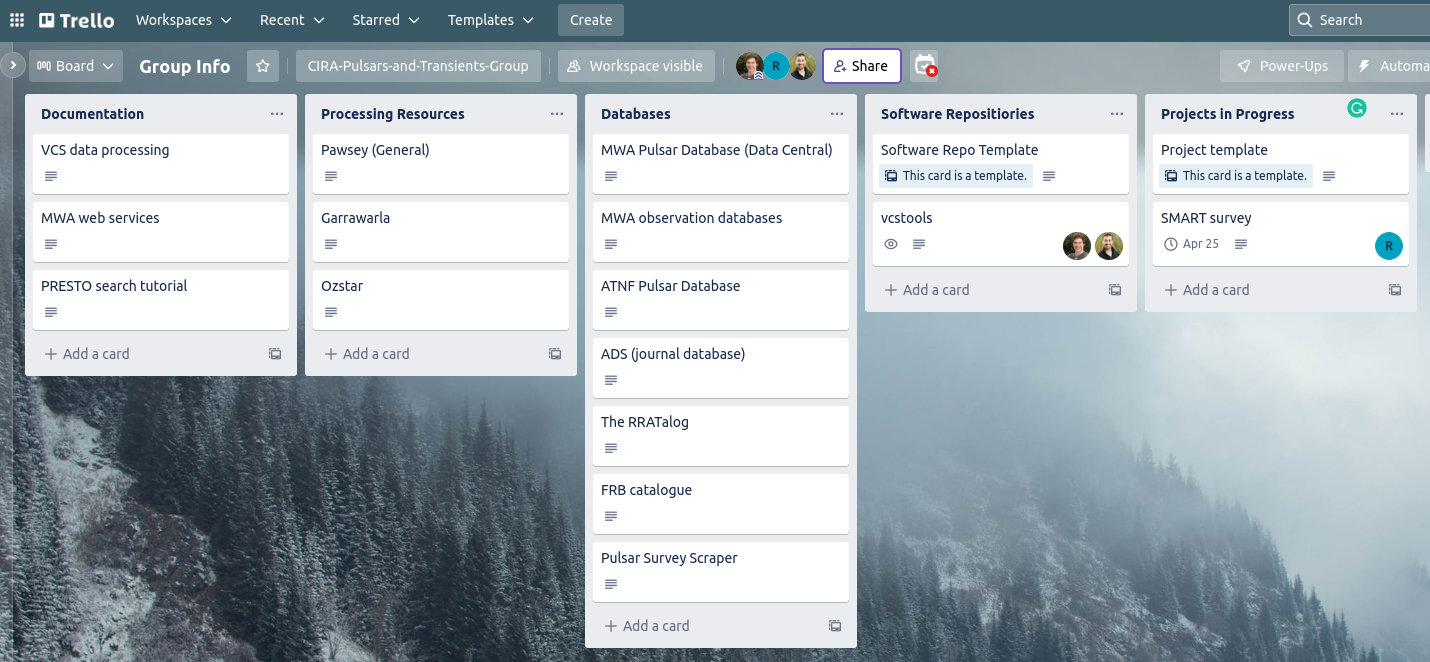
-
Getting Parallel Bilby Production-Ready for LIGO’s Fourth Observing Run
Dec. 20, 2021
ADACS developers collaborated with the Parallel Bilby team to overhaul their code, improving its structure, establishing tests for reproducibility, and instilling good development practices. This work set the foundations for future improvements to th
2021B
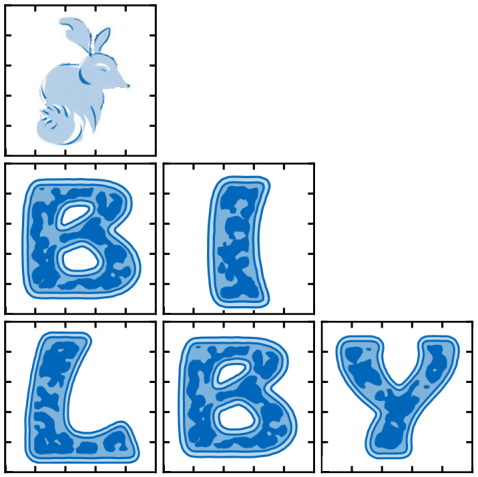
-
Preliminary Work on PHANTOM Code: Setting Up Testing Framework and Performance Profiling
Dec. 18, 2021
PHANTOM is an SPH code used for astrophysical simulations. ADACS transitioned its test suite to GitHub Actions, allowing the researchers to develop more rapidly. Recommendations were made on how to improve the code's parallel performance.
2021B

-
Refining the SMART Survey Deployment: User Experience Improvements to Boost the Search for Pulsars
Nov. 13, 2021
ADACS developed a web-based database and interface for the SMART pulsar survey, enabling cone searches, candidate ranking, and editing. The upgrades led to new pulsar discoveries, with data to be made publicly accessible via Data Central.
2021B
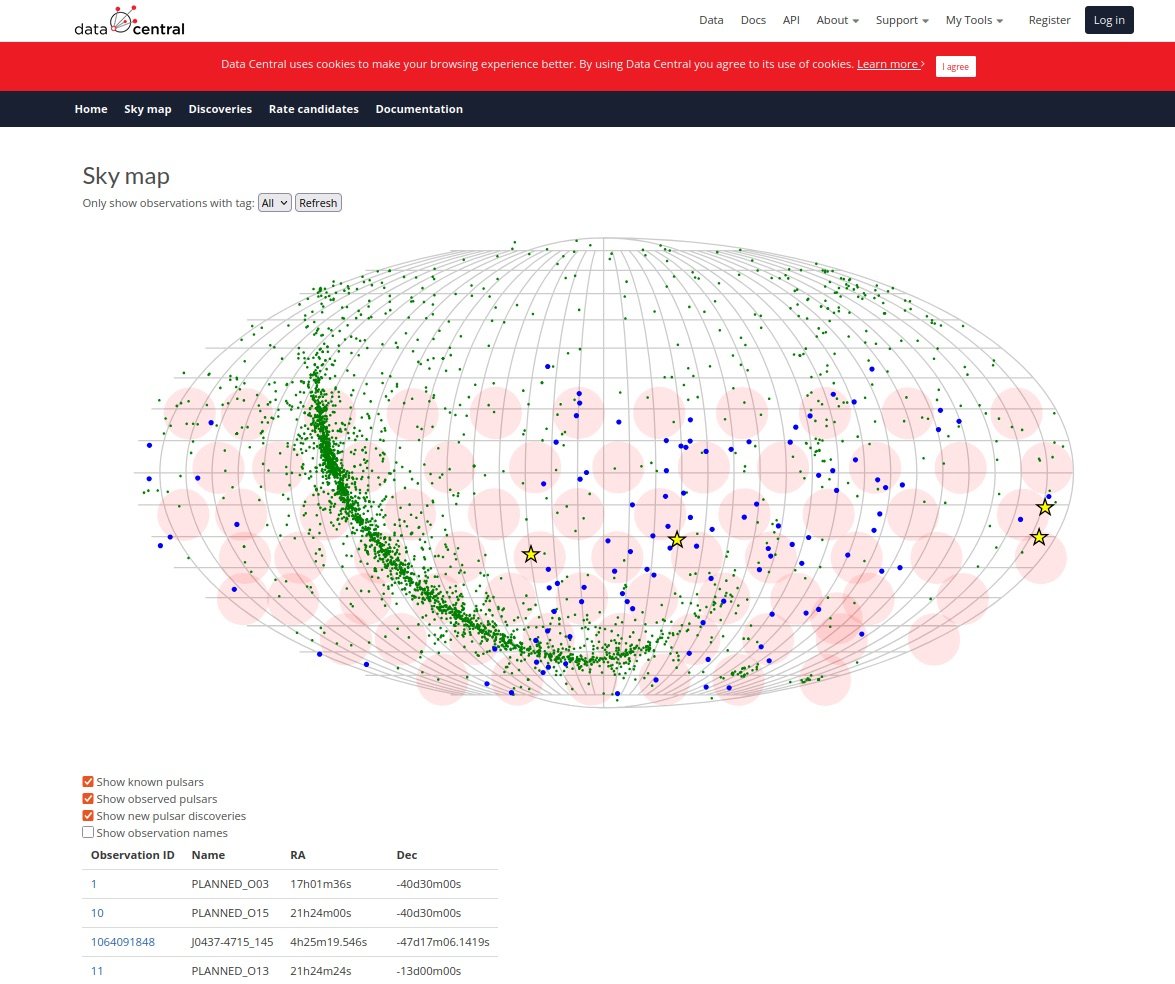
-
ANITA Astroinformatics 2021
Nov. 3, 2021
Three days of talks, panel discussions and workshops focused on Green Computing (resource use minimisation through automation and optimisation).
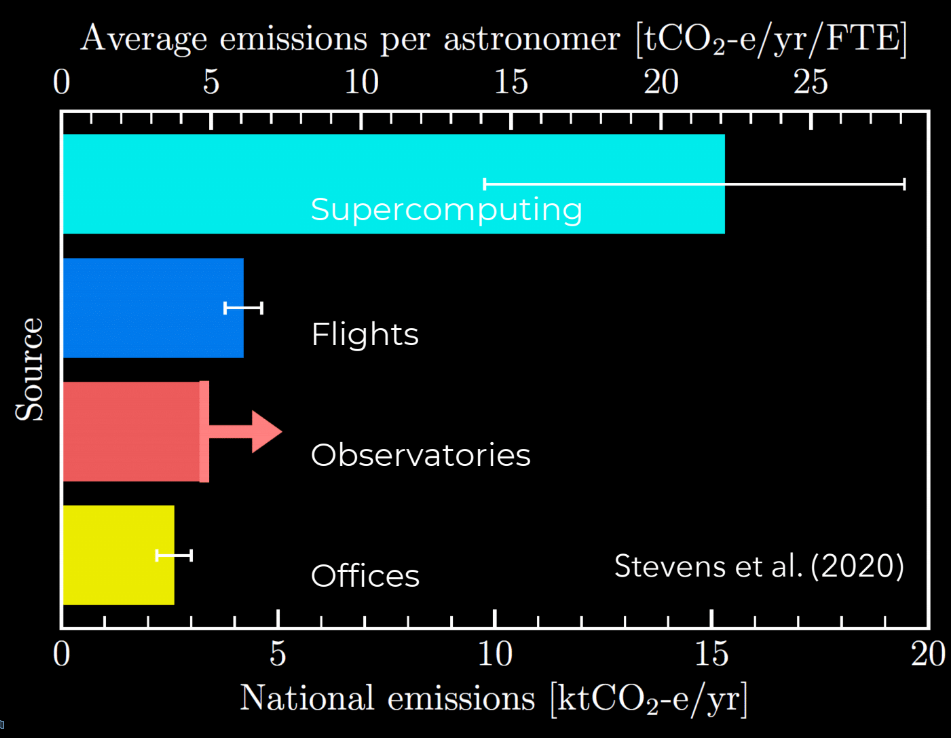
-
Collaboration on Shared Codebases
Oct. 28, 2021
This workshop uses python and gitlab examples to demonstrate good coding practices and collaborative code development strategies.
2021A
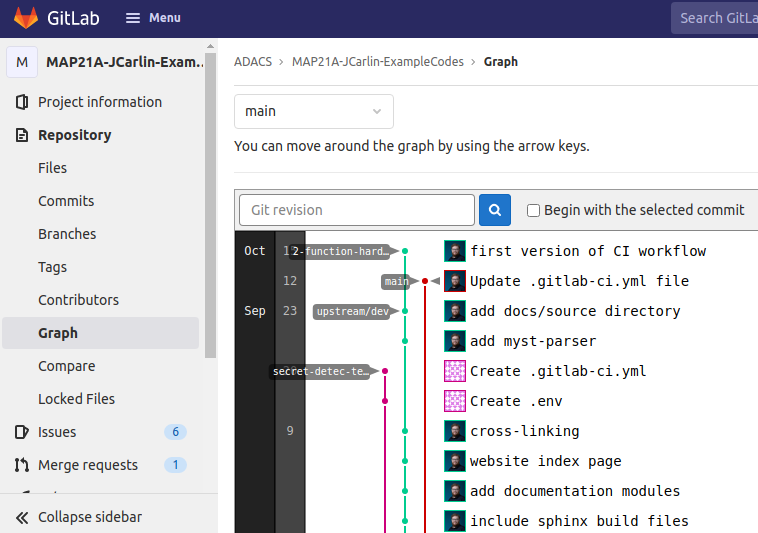
-
Version Control Training at HWSA 2021
Aug. 23, 2021
ADACS delivered Version Control training for both beginners and advanced users at the HWSA (Harley Wood School of Astronomy) in 2021.
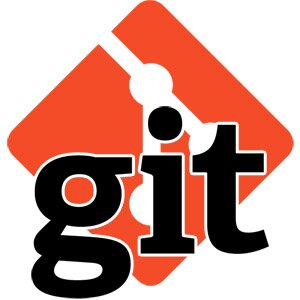
-
Harnessing Supercomputers for Supernova Research
June 13, 2021
The CoCoNuT supernova simulation code has a 6-dimensional radiation solver module for simulating neutrino transport. This method is computationally expensive to run, so ADACS enhanced this module with MPI to run in parallel on supercomputers.
2021A
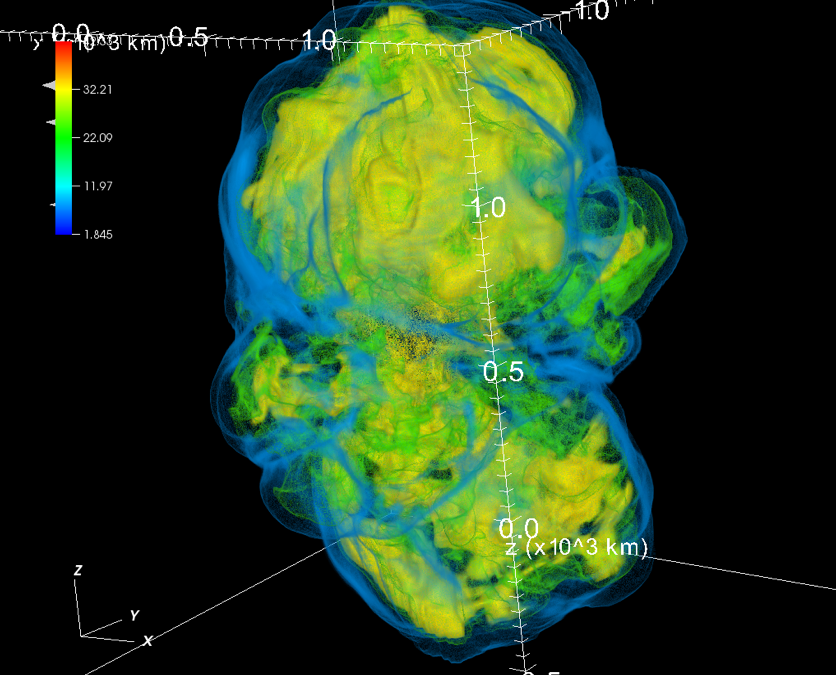
-
Optimising Parallel Bilby: Enhancing Efficiency in Gravitational Wave Inference
Nov. 28, 2020
Parallel Bilby is a gravitational wave inference code that was running inefficiently. ADACS analysed the code to identify bottlenecks and gave recommendations on how to improve its performance.
2020B
